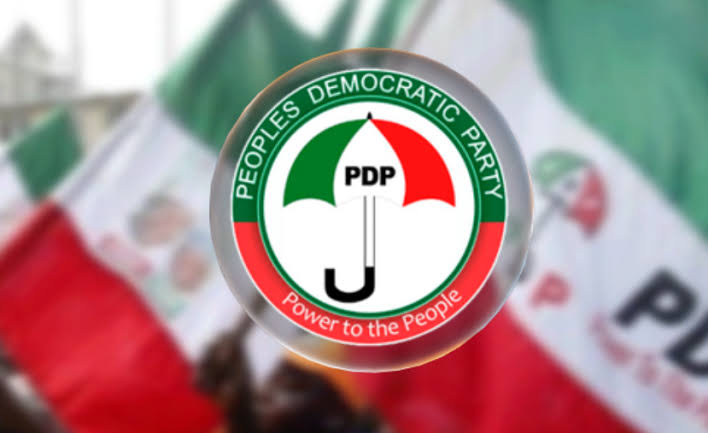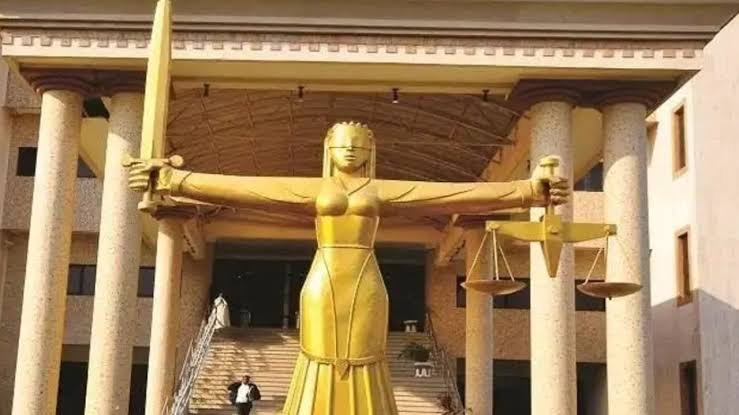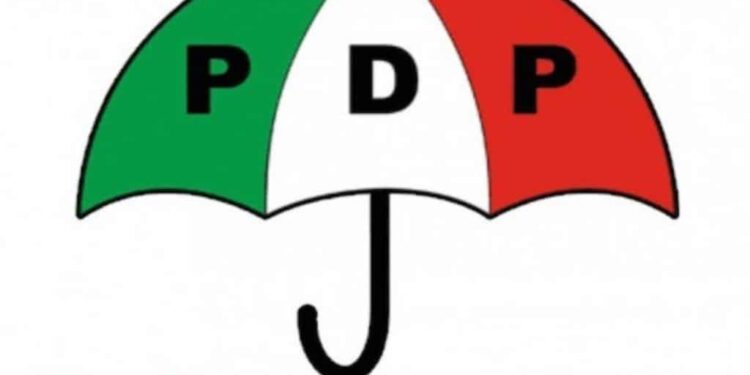The Court of Appeal, based in Abuja, has recently overturned a judgment from a Federal High Court that had mandated the People’s Democratic Party (PDP) to include 381 ad-hoc delegates in its primary election.
This decision, which directly affects the party’s internal processes, was initially handed down by Justice Inyang Ekwo on July 4, 2024. The Federal High Court’s ruling had instructed the PDP to allow these delegates to participate in its primary election held on February 22, 2024, in Edo State.

This primary election was crucial as it determined the PDP’s candidate for the forthcoming governorship election in Edo State, scheduled for September 21, 2024. As a result of this primary, Asue Ighodalo was selected as the PDP’s candidate for this significant electoral contest.
The primary election process is a critical step in determining the party’s representative, and any disputes or challenges to this process can have significant implications for the party and its candidates.

The appellate court’s decision was reached by a three-judge panel, who reviewed the lower court’s judgment and concluded that it was flawed. The panel found that the Federal High Court did not have the proper jurisdiction to handle the case involving the delegates.
Jurisdiction refers to the authority of a court to hear and decide a particular type of case. In this instance, the appellate court determined that the Federal High Court lacked the legal authority to address the grievances of the delegates who were challenging the PDP’s internal election procedures.

In its ruling, the Court of Appeal emphasized that the PDP’s process for selecting its candidate is an internal matter and falls within the party’s own regulations and procedures.
The appellate court’s unanimous decision means that the PDP’s primary election and its outcomes, including the selection of Asue Ighodalo as the party’s candidate, remain valid and unchallenged. The decision underscores the principle that political parties have the autonomy to manage their internal processes without external interference, provided they operate within the bounds of the law.
This ruling is significant because it highlights the boundaries of judicial intervention in party politics. It reinforces the idea that courts should not interfere in the internal workings of political parties unless there is a clear legal basis to do so.
The outcome ensures that the PDP can proceed with its preparations for the upcoming governorship election without the disruption that might have been caused by the lower court’s order.



































